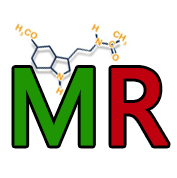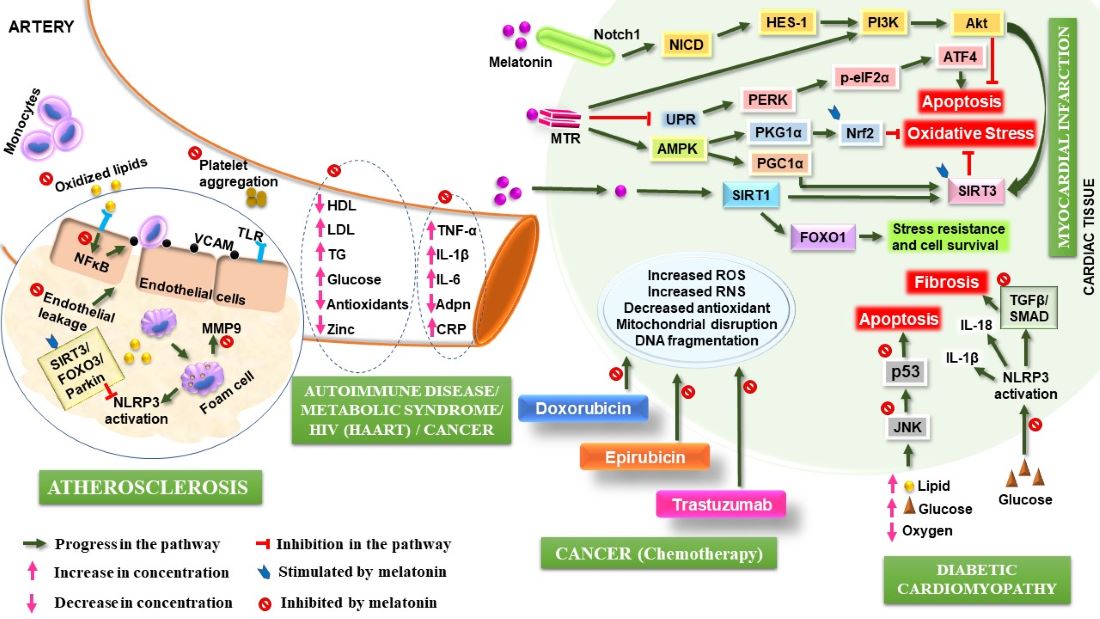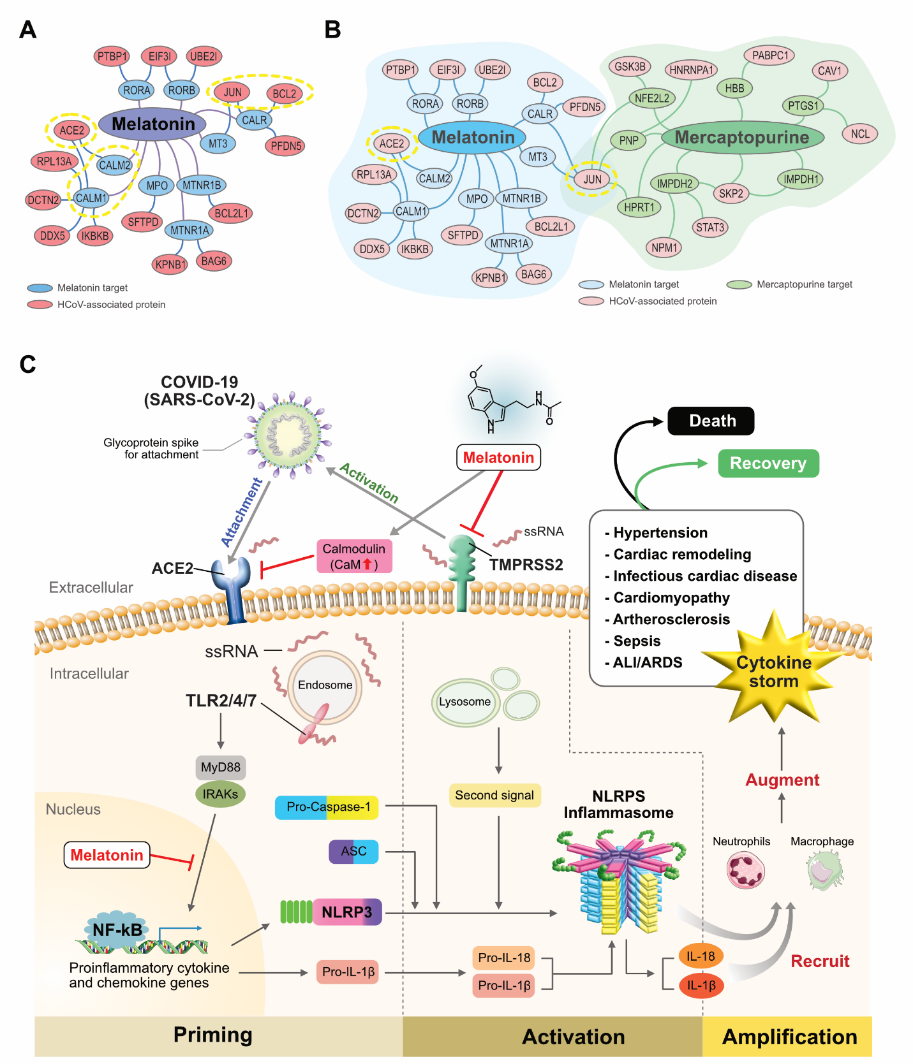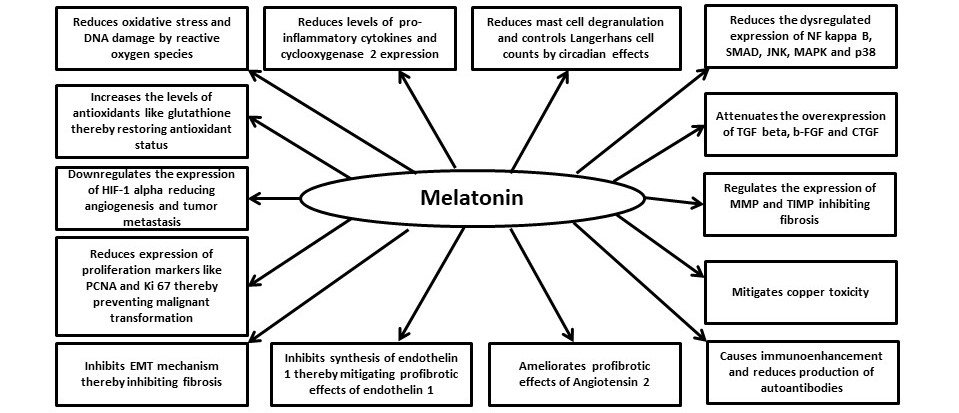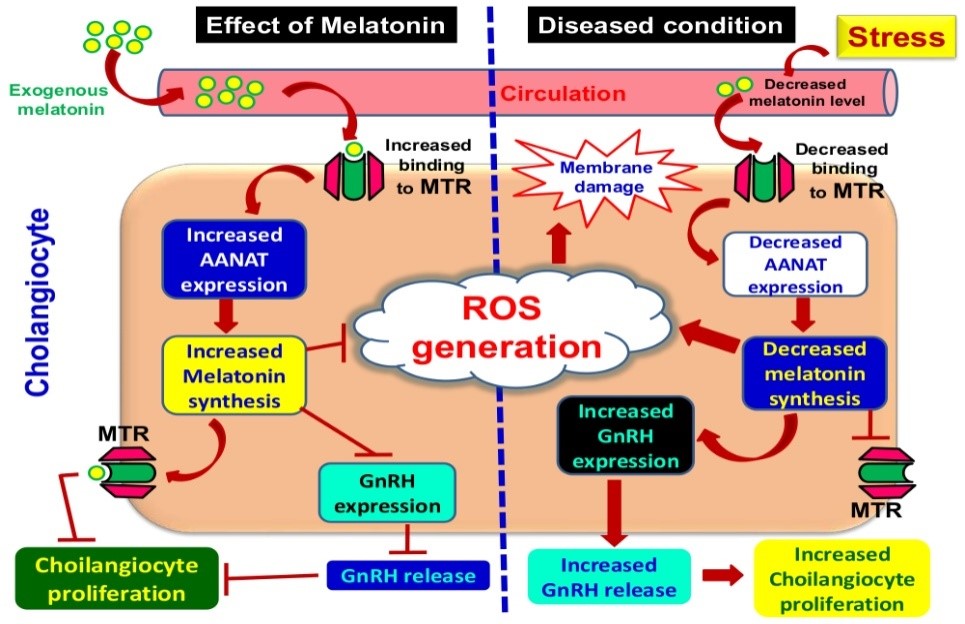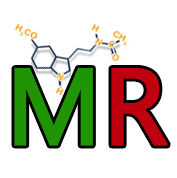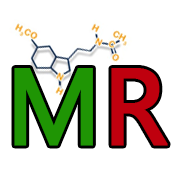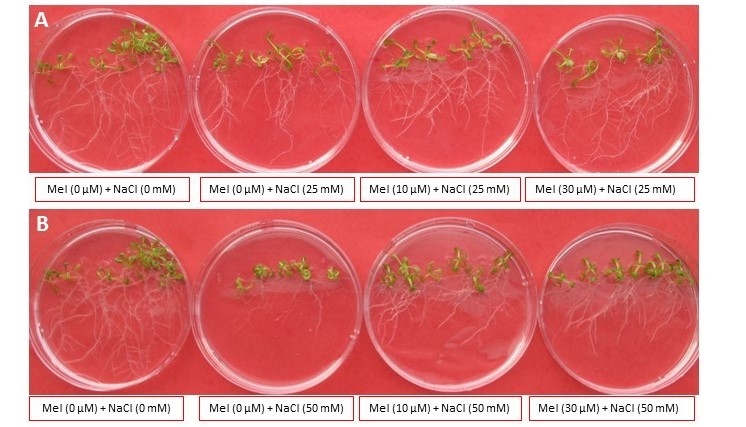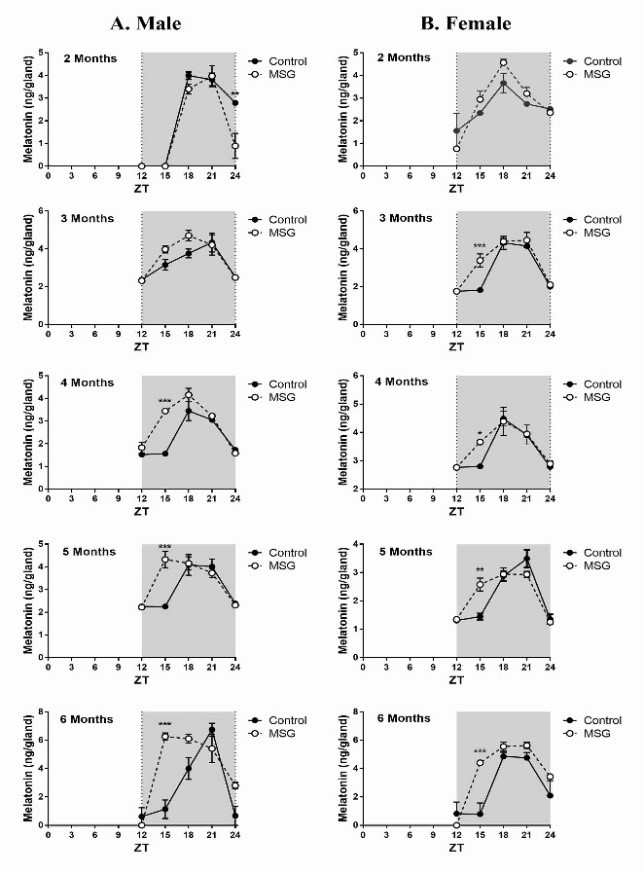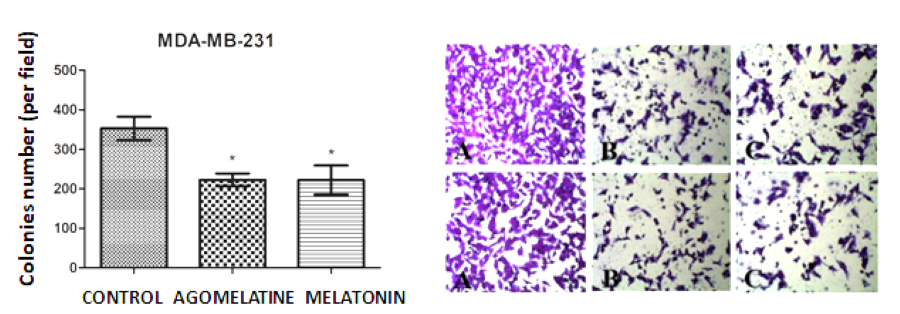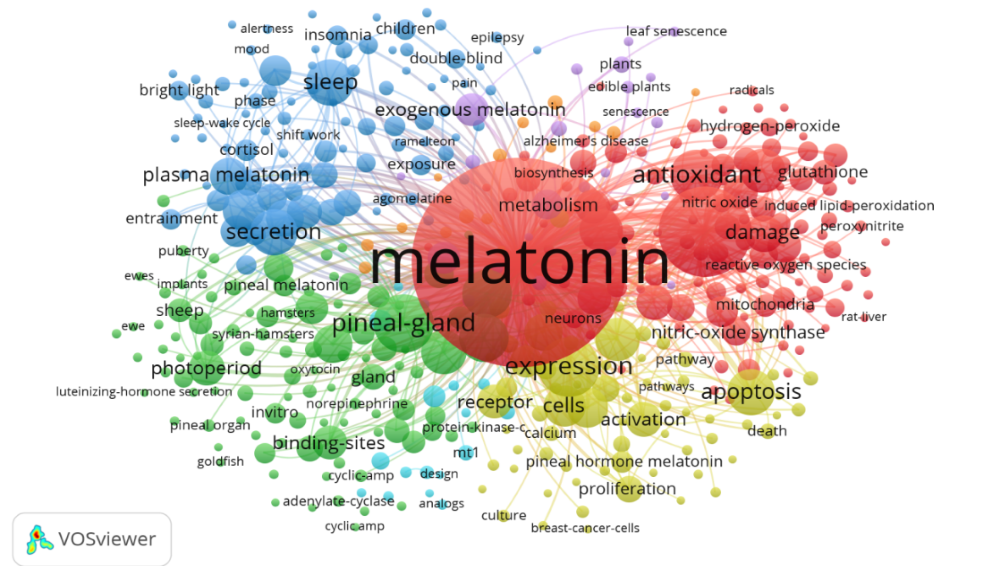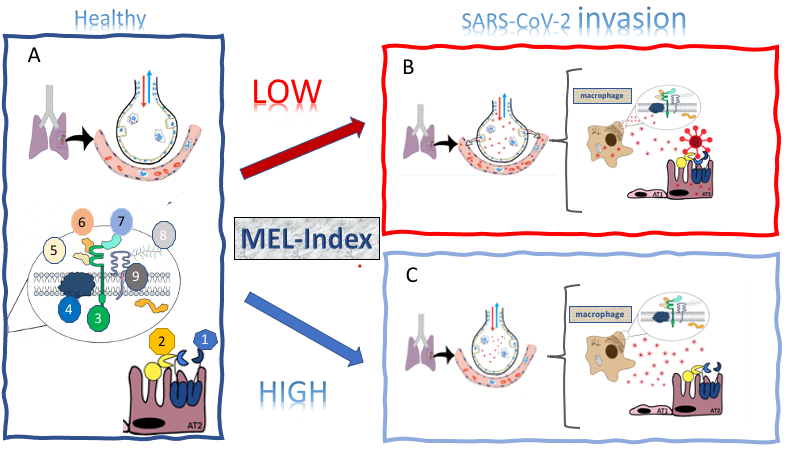
Although effective vaccines for SARS-CoV-2 are available in developed counties, the majority of the population in the developing world will have to wait months or even a year or more to acceess these treatments. During this relatively long period, other therapeutic methods, including melatonin, should be used to reduce the morbidity and mortality related to COVID-19. Thus, it is our intent to continously provide evidence for the potential applications of melatonin for the prevention and treatment of COVID-19 patients. In this issue, a review by Gurunathan et al. systemically introduce mechanisms as to the protective effects of melatonin on SARS-CoV-2 infection and provide comprehensive information for researchers and physiciens working in this field. Considering melatonin as a chronobiotic agent, Brusco et al. claim that properly administered, melatonin may restore the optimal circadian pattern of the sleep-wake cycle and improve clinical condition in pneumonia associated with COVID-19 patients, especially for the patients in non-intensive care unit (NICU). They provide preliminary data to show the efficacy of melatonin at the dose of 9 mg/day. In a research article by Fernandes et al, they indicate that melatonin endogenously present in the lungs is protective against COVID-19 severity by lowering the expression of genes used by SARS-CoV-2 to invade and replicate in human cells and suggest Melatonin-Index can serve as a new approach for predicting the evolution of healthy SARS-CoV-2 carriers. The Melatonin-Index is a novel concept proposed by these authors. This index is used to estimate the capacity of the lung to synthesize melatonin. It has biological significance for understanding the association between the locally-generated melatonin and the severity of the lung infection. After vaccine availablity, Cardinali et al. suggest that before and after a vaccine injection, the subjects are also recommended to take melatonin for a period to boost the production of antibodies and at the same time, reduce the vaccine-related side effects. This suggestion is based on the large quanitity of information garnered from previously-published reports. In addition, in a Letter to Editor, considering the unique category of pregnant women who may be not the suitable candidates for vaccine injection, particularly, at first trimester of pregnancy, Tesarik J. suggests the use melatonin as a replacement for vaccine innoculation in this specific population. These novel ideas are worthy of consideration since melatonin is such an effective and safe molecule.
